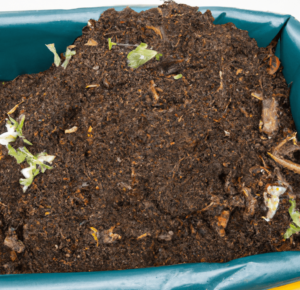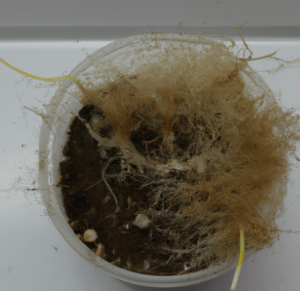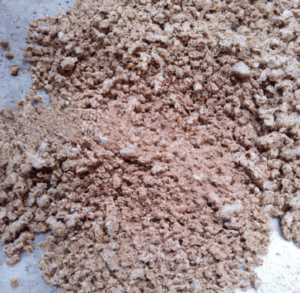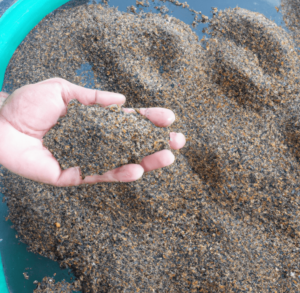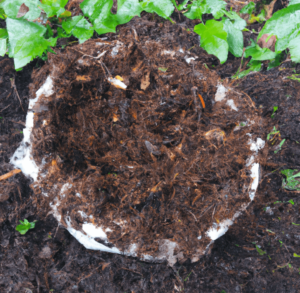Gardening is a wonderful hobby that not only provides a sense of accomplishment and beauty but also helps to improve the quality of life. It’s a great way to get outside and connect with nature. Fertilizers play an important role in the growth and health of plants in your garden. Among the various types of fertilizers, organic fertilizers are becoming increasingly popular due to the numerous benefits they offer. Organic fertilizers are substances that are derived from natural and organic sources, such as compost, manure, and bone meal. Unlike synthetic fertilizers, organic fertilizers release nutrients gradually into the soil, providing a steady supply of essential nutrients to plants. Organic fertilizers are not only beneficial to plants but also to the soil in which they are grown. They help to improve soil structure, increase soil fertility, and retain moisture, making them ideal for growing a variety of plants. Organic fertilizers also contain microorganisms that aid in the decomposition of organic matter, which helps to reduce soil compaction and improve aeration. Additionally, organic fertilizers are safe for both the environment and human health. Let’s dive into the benefits of using organic fertilizers in your garden and why you should choose these!
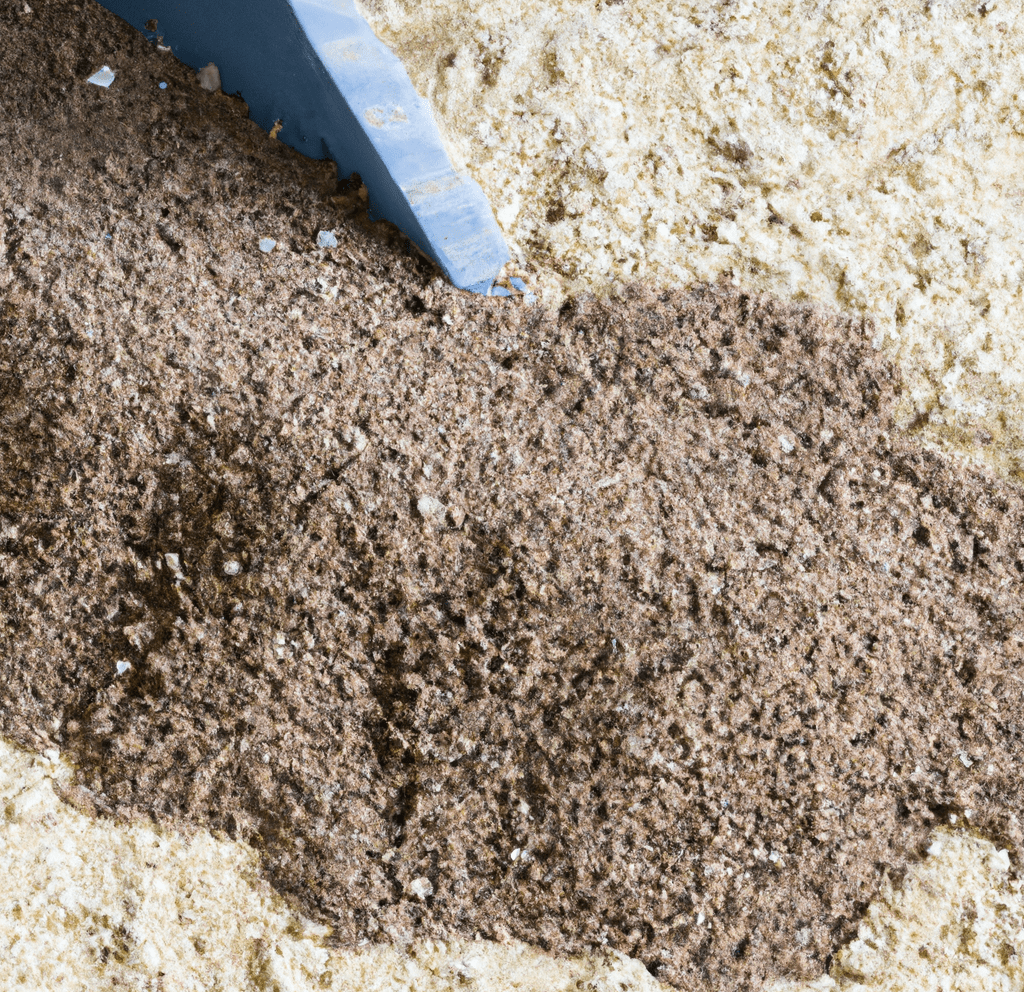
Types of Organic Fertilizers
Organic fertilizers are a type of fertilizer made from natural materials that are derived from plants, animals, and minerals. Unlike chemical fertilizers, one of the benefits of using organic fertilizers in your garden includes the fact that they don’t contain synthetic ingredients, making them a safer and healthier option for both humans and plants. Here are the different types of organic fertilizers and their benefits for human health and plant growth.
- Animal-Based Fertilizers: This type of organic fertilizer is made from animal waste, such as manure and bone meal. These fertilizers provide essential nutrients, such as nitrogen, phosphorus, and potassium, to plants, as well as helpful microorganisms that promote healthy soil.
- Plant-Based Fertilizers: Plant-based fertilizers are made from plant materials, such as compost, green manure, and alfalfa meal. These fertilizers are high in carbon, which helps to build healthy soil structure and promotes beneficial microorganisms.
- Mineral-Based Fertilizers: Mineral-based organic fertilizers are derived from minerals, such as rock phosphate and greensand, and are a source of slow-release nutrients for plants. These fertilizers are especially beneficial for soil that is low in nutrients.
The role of organic fertilizers in sustainable agriculture is a big one. They promote healthy soil structure, support beneficial microorganisms, and provide essential nutrients to plants in a natural and safe way. By choosing organic fertilizers, you can support the health of your plants, soil, and environment, while reducing the risk of exposure to potentially harmful chemicals.
Manure
Manure is a valuable resource for gardeners as it provides a natural source of nutrients for plants. Unlike chemical fertilizers, which can disrupt the delicate balance of soil, manure enriches the soil structure and improves its fertility.
Gardeners have been using manure for centuries as a way to improve soil health and encourage the growth of strong, healthy plants. It’s made up of organic matter that breaks down over time, providing the soil with important nutrients such as nitrogen, phosphorus, and potassium. The addition of manure to soil can improve its structure, making it easier for roots to penetrate and absorb water and nutrients. This, in turn, helps plants to grow stronger and become more resistant to disease and pests.
In addition to its positive effects on soil and plants, one of the benefits of using organic fertilizers in your garden like manure is that it’s also an environmentally friendly choice. It’s a renewable resource that reduces the need for chemical fertilizers and helps to reduce waste by reusing animal waste products. So, whether you are a seasoned gardener or just starting out, incorporating manure into your gardening practices can have many benefits for both your plants and the environment.
Compost
Compost is a type of fertilizer that is made by breaking down organic matter into a rich, nutrient-dense soil amendment. This natural process, also known as decomposition, transforms food scraps, yard waste, and other organic materials into valuable resources for plants and the environment.
The benefits of using organic fertilizers in your garden like composting go far beyond just improving soil fertility. It can also have positive effects on human health by reducing waste that ends up in landfills, where it can produce harmful greenhouse gases. By diverting organic matter from the waste stream and using it to enhance soil quality, composting helps to reduce the amount of methane and other potent greenhouse gases released into the atmosphere.
In addition to its environmental benefits, compost is also beneficial for plants. The organic matter in compost provides essential nutrients and moisture to plants, helping them to grow stronger and more resilient. Compost can also improve the structure of the soil, making it easier for roots to penetrate and access water and nutrients.
Green Manure
Green manure is a type of organic fertilizer that is made from plants that are grown specifically to improve the soil. These plants are then tilled into the soil, where they decompose and provide nutrients to the soil. Green manure is a sustainable alternative to traditional chemical fertilizers, as it helps to improve the health of the soil and the plants that grow in it, while also being safe for human health.
Green manure is an effective way to increase the organic matter in the soil, which is essential for healthy plant growth. It also helps to improve soil structure and fertility, as the decomposing plant material adds essential nutrients such as nitrogen, phosphorus, and potassium to the soil. This can reduce the need for chemical fertilizers, which can be harmful to the environment and human health. In addition to improving soil health, green manure can also provide a number of benefits to human health. For example, the benefits of using organic fertilizers in your garden are that they can reduce the number of chemicals in the soil that can be harmful to humans, and they can also improve air quality by removing carbon dioxide from the atmosphere and storing it in the soil.
Bone meal
Bone meal is a type of organic fertilizer made from the finely ground bones of cattle, pigs, or fish. It’s rich in essential nutrients like phosphorous, calcium, and nitrogen, which are important for promoting strong root growth and abundant flowering in plants. Inorganic fertilizers, on the other hand, may provide these nutrients more quickly, but they can be harsh and harm the soil and environment in the long term which is why the benefits of using organic fertilizers in your garden usually win.
Bone meal is a slow-release fertilizer, which means that its nutrients are gradually made available to plants over time. This helps prevent over-fertilization and reduces the risk of burn, which can occur when plants receive too much fertilizer at once. Additionally, bone meal contains trace elements like iron, magnesium, and zinc that are beneficial for overall plant health. Organic gardeners often choose to use bone meal because it is a natural and sustainable way to fertilize their plants. Unlike synthetic fertilizers, it does not contain harmful chemicals that can harm the environment or leach into groundwater.
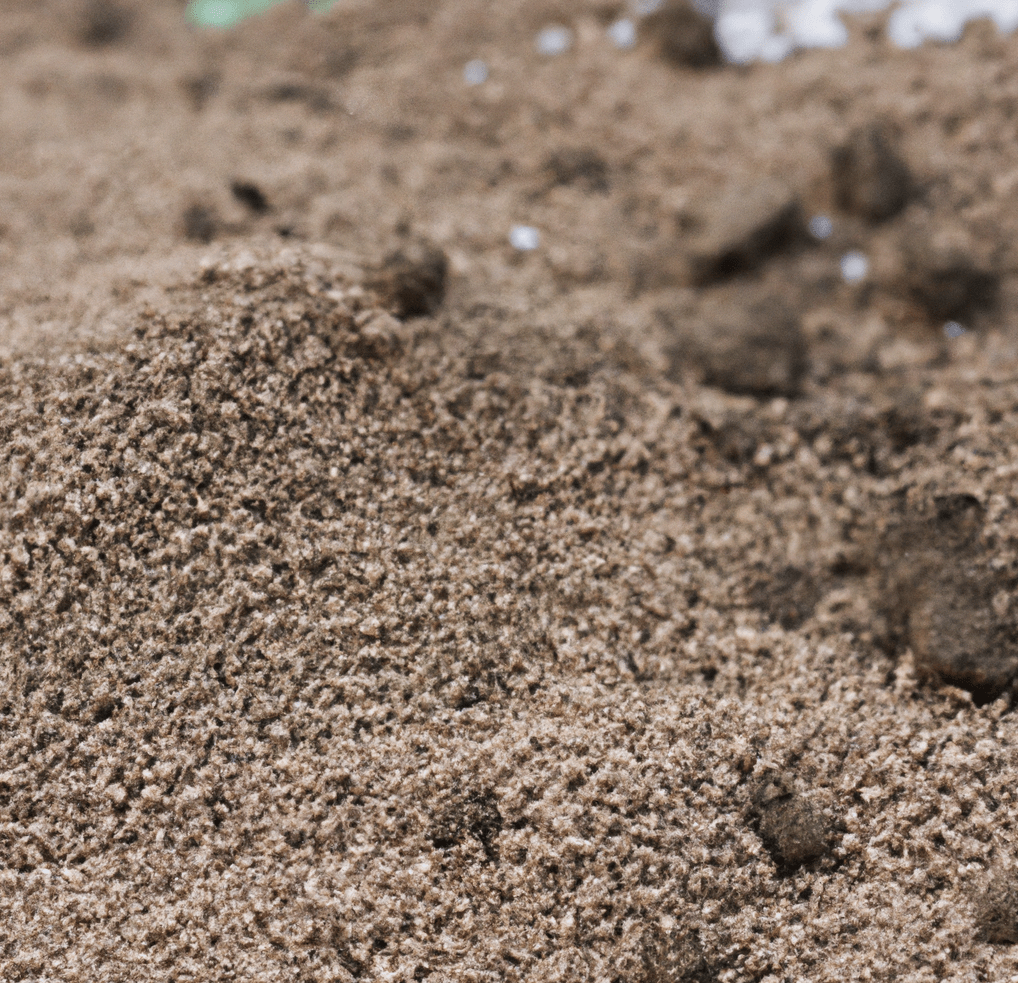
Blood Meal
Blood meal is a popular organic fertilizer made from the blood of livestock and is commonly used in gardening and agriculture. Unlike chemical fertilizers, blood meal is a natural and sustainable option that can improve the health and fertility of the soil. The benefits of using organic fertilizers in your garden like blood meal come from the high levels of nitrogen which are essential for the growth and development of plants, promoting strong stems, leaves, and root systems.
This type of fertilizer is also a great source of other important nutrients, including iron, phosphorus, and potassium, which help to improve the overall health of the soil. Using blood meal as a fertilizer can help to increase the productivity and quality of crops, making it a popular choice for farmers and gardeners alike. Additionally, because it is made from organic materials, it is less likely to cause damage to the environment or harm to plants and wildlife compared to chemical fertilizers.
Benefits of Organic Fertilizers
Organic fertilizers offer a range of benefits that make them an excellent choice for gardeners and farmers looking to promote healthy plant growth and soil health. The benefits of using organic fertilizers in your garden include:
- Soil Health Improvement: Organic fertilizers help improve the structure and fertility of soil over time, promoting a thriving, sustainable growing environment for plants.
- Nutrient Cycling: Organic fertilizers provide essential nutrients like phosphorous, nitrogen, and calcium, but they also contain other important micronutrients and organic matter that support the natural cycling of nutrients in the soil.
- Reduced Environmental Impact: Organic fertilizers do not contain harmful chemicals that can harm the environment or leach into groundwater, making them a safer choice for the environment.
- Improved Plant Growth: Organic fertilizers help promote strong root growth, abundant flowering, and overall plant health, leading to more vigorous, productive plants during the growing season.
- Increased Resistance to Pests and Diseases: By supporting strong, healthy plant growth, organic fertilizers can also help increase resistance to pests and diseases, reducing the need for synthetic herbicides or pesticides.
Methods of Organic Fertilization
There are various methods for organic fertilization that help to improve the soil structure, and fertility, and promote healthy growth of plants and flowers. You can take advantage of the benefits of using organic fertilizers in your garden via:
- Direct application: This method involves spreading organic matter directly on the soil surface near the plant’s roots. This could be in the form of compost, aged manure, or other organic materials that can provide nutrients to plants.
- Incorporation into the soil: This method involves mixing organic matter into the soil before planting. This helps to improve the overall soil structure and fertility over time.
- Compost tea: This method involves brewing compost in water to create a liquid fertilizer. This tea can be applied directly to the soil or used as a foliar spray. You can learn more about understanding and using liquid fertilizers in your garden to give plants a quick boost of nutrients and beneficial microorganisms to promote healthy growth.
These methods of organic fertilization not only provide essential nutrients to the plants but also improve soil health and fertility. They promote sustainable gardening practices and help to maintain a healthy and balanced ecosystem.
Challenges of Using Organic Fertilizers
While the benefits of using organic fertilizers in your garden are plenty, they also come with some challenges. Some of the key challenges include:
- Timing of application: The timing of application is critical when using organic fertilizers as they release nutrients slowly and may not provide an immediate boost to the plants. This can be a disadvantage in cases where plants need a quick boost of nutrients.
- Nutrient availability: Organic fertilizers are composed of natural materials, which can vary in their nutritional value. This can make it challenging to ensure that plants receive the right balance of nutrients.
- Cost and accessibility: Organic fertilizers are often more expensive and harder to find than chemical fertilizers. This can make it difficult for some gardeners to access the fertilizers they need to grow healthy plants.
Despite these challenges, organic fertilizers remain a popular choice for gardeners and farmers due to their benefits to the environment and soil health. Properly timed and balanced applications of organic fertilizers can provide plants with the nutrients they need while supporting a healthy ecosystem.
Bottom Line: The Benefits of Using Organic Fertilizers in Your Garden
Due to the benefits of using organic fertilizers in your garden, they are becoming more and more well-liked among gardeners. When organic fertilizers are used, the soil structure is enhanced, plants grow better, and gardening is more sustainably done. Consider the timing of application, the fertilizers’ nutritional content, their cost, and their accessibility when introducing organic fertilizers into your gardening techniques.
Applications of organic fertilizers that are well-timed and evenly distributed can give plants the vital nutrients they need for wholesome development. Gardeners and the environment can both benefit greatly from organic fertilizers.
FAQs on The Benefits of Using Organic Fertilizers in Your Garden
What function do fertilizers serve in garden care?
In a garden, fertilizers are crucial to the growth and wellbeing of plants. They give the plants the vital nutrients they need to develop.
Organic fertilizers: what are they?
Compost, manure, and bone meal are a few examples of natural and organic materials that are used to make organic fertilizers. They gradually release nutrients into the soil and give plants a consistent supply of vital nutrients.
What advantages do organic fertilizers have when used in gardens?
Plants and the soil benefit from organic fertilizers. They are safe for the environment and people’s health, enhance soil structure, boost soil fertility, keep the soil moist, have microorganisms that help decompose organic materials.
What varieties of organic fertilizers are there?
Organic fertilizers can be divided into three categories: mineral-based, plant-based, and animal-based. Different types help soil and plants in different ways.
What exactly is manure, and how can it help your garden?
Manure is a useful tool for gardeners since it offers plants a natural source of nutrients. It helps plants grow stronger and more resistant to disease and pests, enriches the soil structure and increases its fertility, and is a sustainable option.
What is compost, and what advantages does it have?
Organic matter that has been broken down into a nutrient-rich soil additive is called compost. It has advantages include decreasing waste in landfills, cutting greenhouse gas emissions, giving plants moisture and nutrients they need, and enhancing soil structure.
How does gardening benefit from using green manure?
A sort of organic fertilizer called “green manure” is produced from plants that are grown expressly to enhance the soil. It increases the amount of organic matter in the soil, enhances soil fertility and structure, and is safe for use around people.


